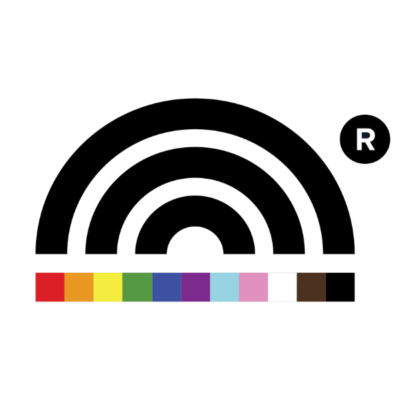What to Expect in Your First Therapy Session
April, 2025
Starting therapy is a big and often brave step — and for many, the first session can feel like stepping into the unknown. Whether you're feeling nervous, uncertain, hopeful, or a mix of all three, you're not alone. In this post, I want to walk you through what to expect in your first therapy session so that you can feel more prepared and grounded.
A Safe, Non-Judgmental Space
First and foremost, therapy should feel like a safe space. Your therapist’s role is not to judge, fix, or diagnose you in a hurry — it’s to meet you where you are, with curiosity, compassion, and care. Your story, your pace, your comfort level: these matter. The first session is often more of a conversation than anything else.
Introductions and Informed Consent
Expect some time at the beginning for introductions. Your therapist may review confidentiality and the limits of confidentiality (e.g., safety concerns, court orders), outline how therapy works, and answer any questions you have about the process. This part is called informed consent — and it’s your right to understand exactly what you’re agreeing to.
Your Story, in Your Words
You won’t be expected to spill everything at once. Most first sessions are exploratory. Your therapist may ask what brought you in, what you hope to get from therapy, and a bit about your background (relationships, work, family, mental health history). You can share as much or as little as feels right.
Studies have shown that the first session plays a critical role in shaping the therapeutic relationship and overall engagement in treatment (Kleiven et al., 2020; Negri et al., 2019).
No “Right Way” to Show Up
Some clients talk a lot. Others say, “I’m not sure where to start.” Both are absolutely okay. There’s no test, and there’s no wrong way to be in therapy. Your therapist’s job is to gently guide the process and help you feel more at ease.
Goals, Hopes, and Next Steps
Toward the end of the session, you and your therapist may talk about what therapy could look like moving forward — including goals, frequency of sessions, and what you hope to work on together. Some people come with clear goals; others just know they don’t want to feel the way they’ve been feeling. That’s enough to begin.
You Get to Decide
You’re allowed to take time to decide if your therapist feels like the right fit. A good therapeutic relationship is built on trust and connection. If it’s not quite there after the first session, that’s okay — and any ethical therapist will support your decision to keep looking for someone who feels like a better match.
Client feedback and emotional resonance early in the therapeutic process are strong indicators of longer-term success (Levitt et al., 2023).
A Final Word
Walking into that first session takes courage. It’s a sign you’re ready to care for yourself in a new way. Therapy isn’t about having all the answers — it’s about creating space to explore your questions, your experiences, and your hopes for change. Your healing starts here.
References:
Kleiven, G. S., Hjeltnes, A., Råbu, M., & Moltu, C. (2020). Opening up: Clients’ inner struggles in the initial phase of therapy. Frontiers in Psychology, 11, 591146. https://doi.org/10.3389/fpsyg.2020.591146
Negri, A., Christian, C., Mariani, R., Belotti, L., Andreoli, G., & Danskin, K. (2019). Linguistic features of the therapeutic alliance in the first session: A psychotherapy process study. Research in Psychotherapy: Psychopathology, Process and Outcome, 22(1). https://doi.org/10.4081/ripppo.2019.374
Levitt, H. M., Grabowski, L. M., & Minami, T. (2023). An initial validation of the Clients’ Experience of Therapy Scale (CETS): Assessing the quality of psychotherapy process and outcome from clients’ perspectives. Counselling Psychology Quarterly, 37(1), 112–136. https://doi.org/10.1080/09515070.2023.2191171













